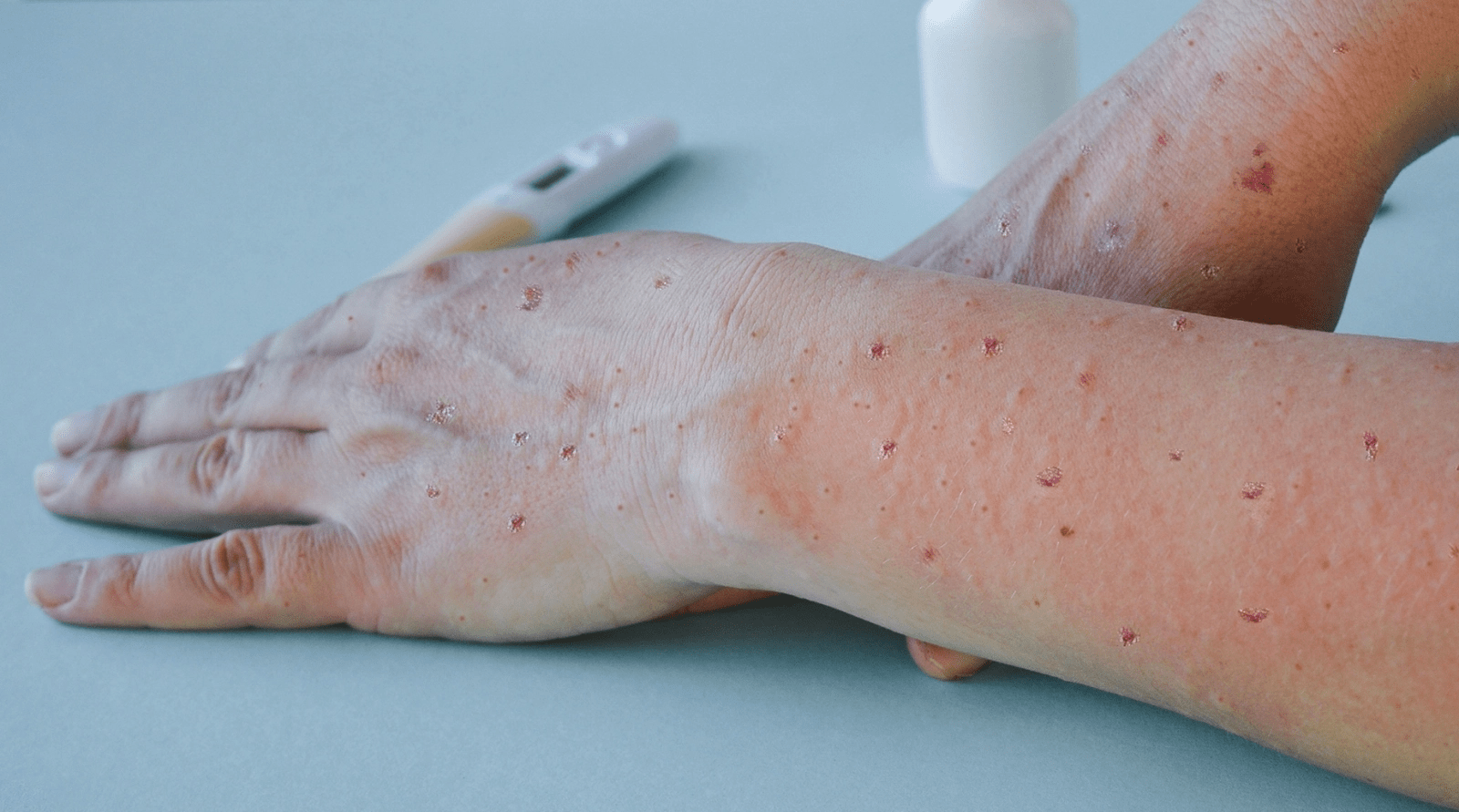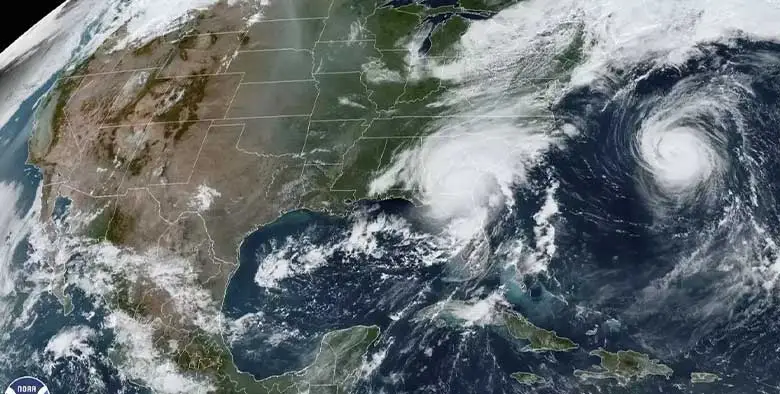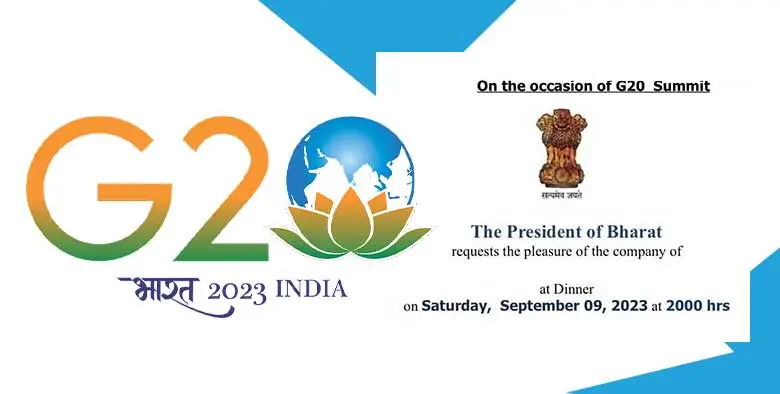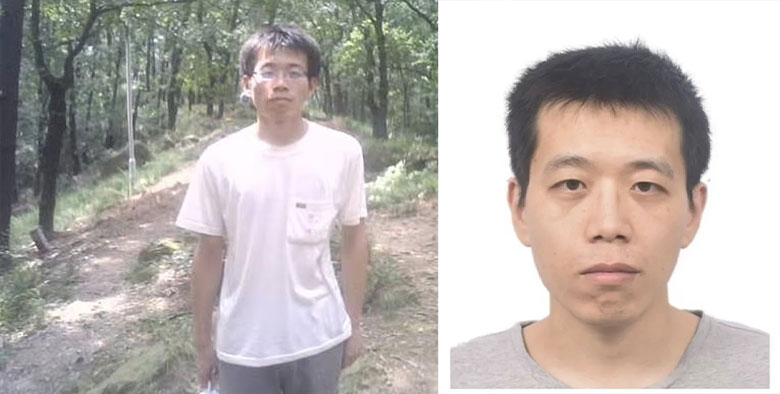- Know Everything About Nipah Virus, Which Is Back In Kerala Again
- Kevin Porter Jr Arrested On His Girlfriend’s Assault Charge
- Market Change Overnight - Know The 8 Things That Did It
- Who Are Alba Baptista And Chris Evans Married On The Weekend?
- Disrupted India vs Pakistan Asia Cup 2023 Match on Reserve Day
- 10 Common Foods That Contain No Calories or Are Very Low in Calories
- Men’s Styling Tips - Know the 9 Common Style Mistakes to Avoid
- Coco Gauff Beats Karoline Muchova and Reaches the US Open Final
- Danny Masterson Gets Life Sentence of 30 Years for Two Rapes
- Experience A Splendid Vacation in Kashmir with These 15 Gorgeous Sights
- India
- Wednesday , May 08, 2024
- Last Published Sep 12, 2023, 6:48:32 PM

Monkeypox - Another Pandemic After Covid-19? Here’s What You Should Know!
Recently, the World Health Network declared the Monkeypox outbreak a pandemic. The decision has been taken because of the rising cases of the said disease across 58 countries worldwide. According to official figures, till now, 3,417 cases and one death have been confirmed due to the virus. Due to these figures, the Director-General of WHO convened an Emergency Committee on Thursday, June 23, 2022, under Article 48 of the International Health Regulations. In the meeting, authorities discussed possible methods to prevent the further spread of the virus. As of now, no confirmed case of Monkeypox have been reported in India. However, some of the cases with suspected Monkeypox symptoms have been sent for testing. “No matter if the death numbers are much lower than smallpox, if steps are not taken in time, then it will cause a severe devastation by affecting the lives of millions,” read the official statement. The WHN decision came hours before the meeting of the WHO, where authorities gathered together to discuss the Monkeypox pandemic. In support of its decision, the official spokesperson of WHN said: “The essential purpose of declaring Monkeypox a pandemic is to achieve a concerted effort from different countries to prevent the further spread of the virus". “There is no justification to wait for the Monkeypox pandemic to grow further. The best time to act is now. By taking immediate action, we can control the outbreak with the least effort, and prevent consequences from becoming worse. The actions needed now only require clear public communication about symptoms, widely available testing, and contact tracing with very few quarantines. Any delay only makes the effort harder and the consequences more severe,” said Yaneer Bar-Yam, PhD, President of New England Complex System Institute and co-founder of WHN, while addressing press persons. Eric Feigl-Ding, PhD, Epidemiologist and Health Economist, and co-founder of WHN said, “The WHO needs to urgently declare its own Public Health Emergency of International Concern (PHEIC)—the lessons of not declaring a PHEIC immediately in early January 2020 should be remembered as a history lesson of what acting late on an epidemic can mean for the world,” A disease is declared a pandemic by the World Health Organisation when it spreads across countries or continents, taking more lives than an epidemic.
Monkeypox: Nature Of The Virus
Monkeypox and smallpox belong to the same family of the virus, called Orthopoxvirus. The disease caused due to the virus's action is highly transmissible in nature. According to the available data, the virus responsible for causing Monkeypox originated in rodents and primates in the African region. From these creatures, the virus have believed to be transmitted to the human population living in tropical rainforest regions. However, the virus is now spreading worldwide, especially in western countries through travellers.Symptoms of Monkeypox
According to the WHO, the symptoms of Monkeypox disease involve:- Fever.
- Headache.
- Muscles and backache.
- Swollen lymph nodes.
- Chills.
- Exhaustion.
- Rashes in the form of pimples.












